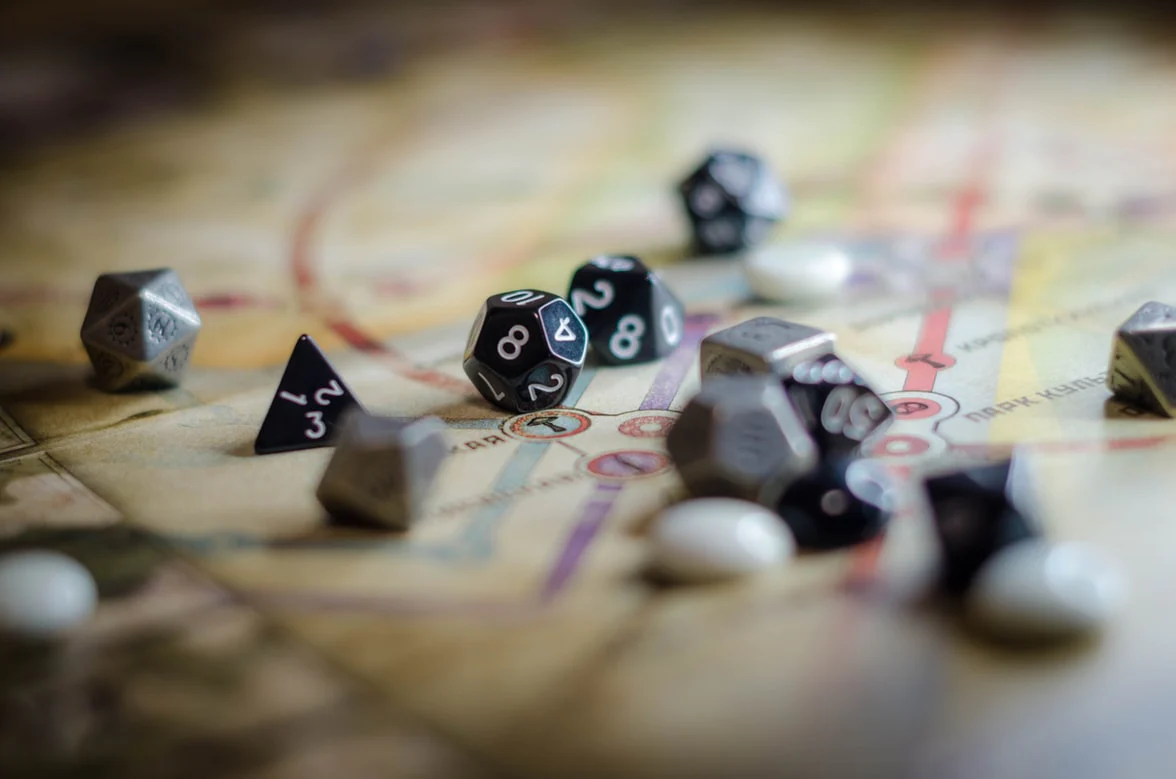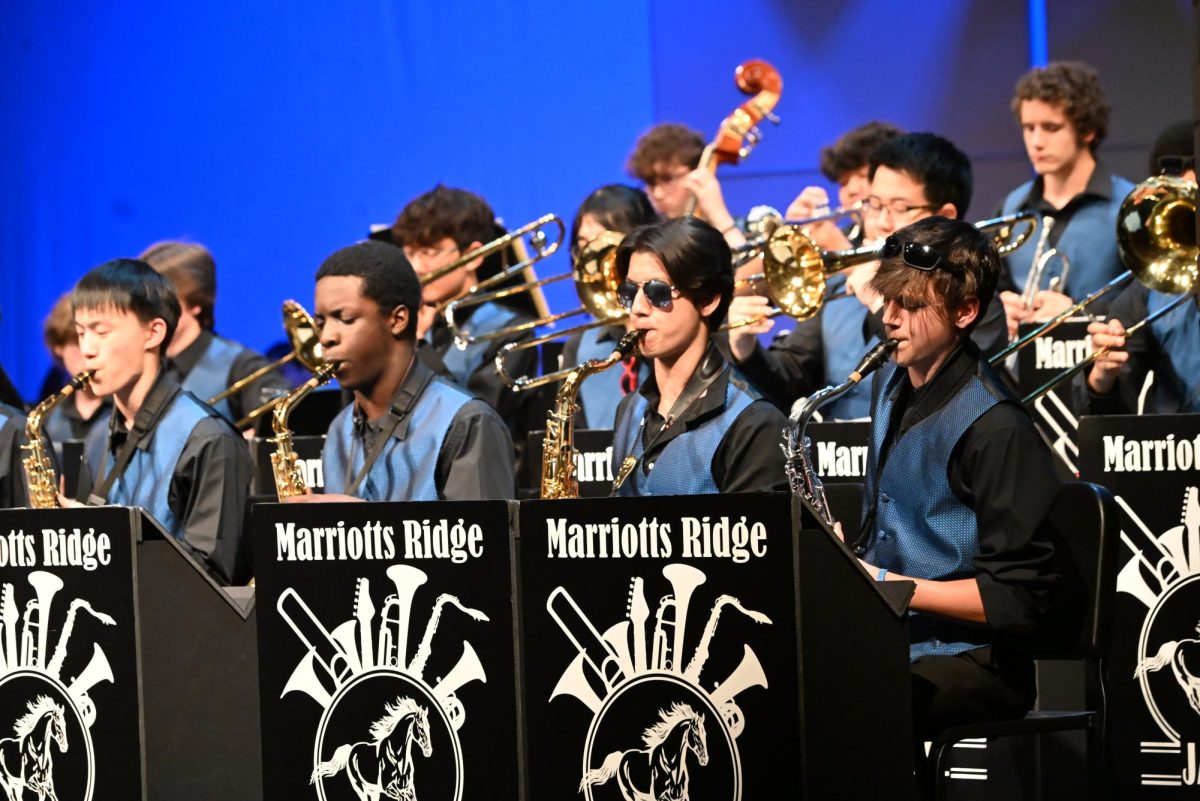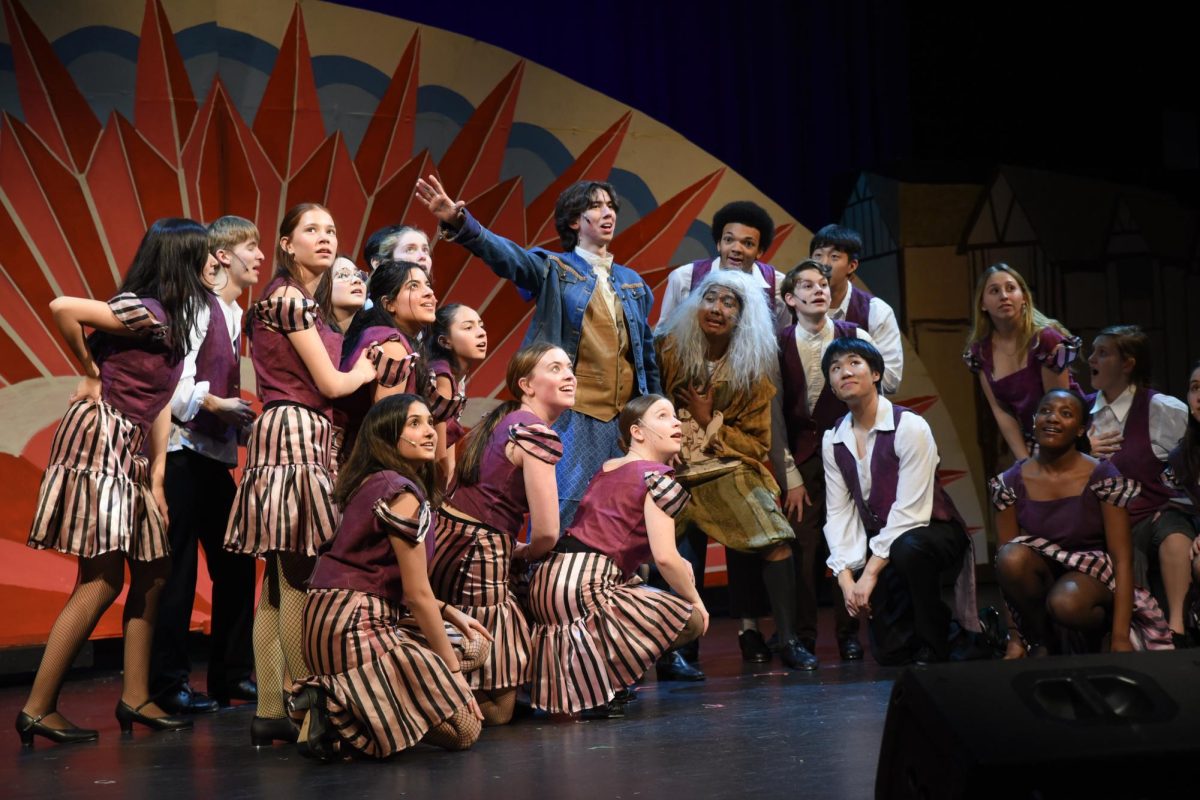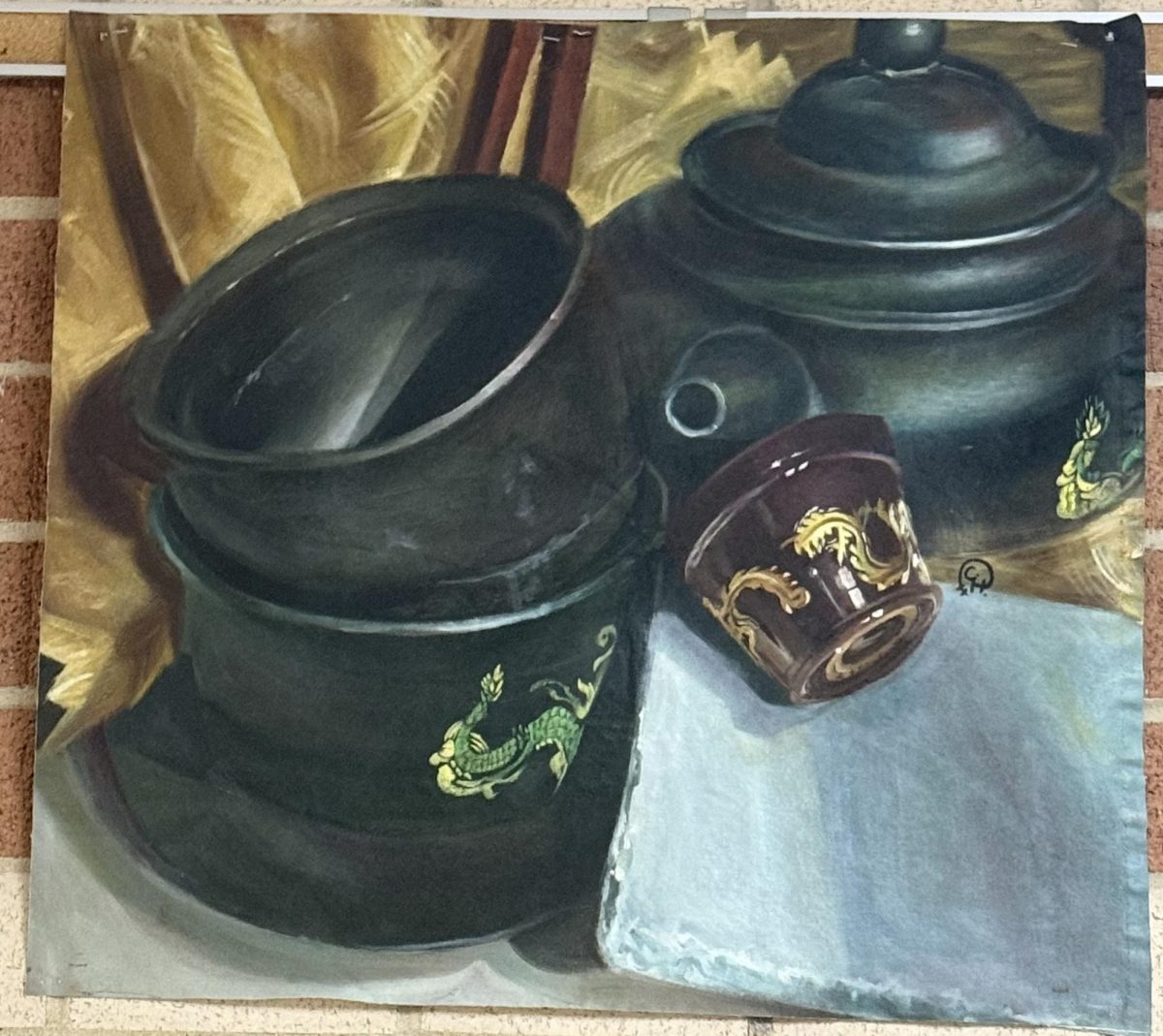Dungeons and Dragons, once a game under fire for devil worship, is now such a popular tabletop activity that it has made its way into our school in the form of a club. Dungeons and Dragons (DnD), is a game that involves role-playing and imagination in a tabletop setting. Despite its long history and once infamous title, DnD’s popularity has been in a decline; however, the popular hobby may be picking up again in newer generations as younger folks learn of the game.
One of the reasons that Dungeons and Dragons seems to have repelled people is the stereotype it has been associated with when heard in a moment’s description.
“I think it’s a lot of the preconceived notions about the game; people tend to think it’s a nerdy game where you sit in the basement and roll some dice. And while that’s partially true, I think it is accessible to most people if they put in enough time to learn the game,” said sophomore Matvei Kholmovskir.
Other club members agreed, pointing out that many people have given Dungeons and Dragons a bad representation despite not fully understanding how to play.
Another aspect pointed out by sophomore Piper Zuniga, was, “some people may not like it because of how chaotic it normally is, some people may not like the campaign, the DM [Dungeon Master], or players.”
Zuniga and Kholmovski’s experience levels strongly differ, Zuniga only has a year of experience while Kholmovski has been playing the game for nearly half a decade, but their observations about the game align.
Zuniga continued to counter that point she presented with her own perspective, saying how even for the more introverted players, the chaos, role playing, and people you play with make the game far more enjoyable than nearly anything you can download online.
Many players enjoy learning life skills by immersing themselves in the roles of the game’s characters. Emerging oneself in the game allows players to develop many skills that are useful in the real world.
“[Dungeons and Dragons has been] teaching me a lot about game design and acting,” said Junior, Vaughn Tralins.
Playing Dungeons and Dragons has helped many players build up leadership skills and confidence.
“I have learned how to speak a lot more fluently in front of people and that is huge for me as I do public speaking as well,” Knolmovski said.
Additionally, the game looks surprisingly well on a resume when applying to a college as the game shows a variety of aspects about a person, including creativity, leadership, teamwork and problem solving, as Dungeons and Dragons provides such a unique environment.
However, playing the game can be emotionally draining and exhausting, not being for the faint of heart. Many people go through ruts and burnouts while playing Dungeons and Dragons.
“I have to remember that other people in my group want to play and it is a lot harder to host a session when someone is missing, so I end up staying there just for them, and I usually end up enjoying it anyways,” Kholmovski explained.
Many people from both in and outside of the club share the same sentiment, feeling a responsibility to the group, and after starting the game session, do not at all regret turning up.
Dungeons and Dragons, however, is not only a game that is played among a well established group of friends, it can often involve complete strangers sitting around a table looking to build connections, or even playing the game professionally as a job, being paid for one’s time in the case of the Dungeon Master, the leader of the group. There are many communities, easily found online, which are a great place to start looking for a group, whether you are willing to pay or not.
Some useful places include websites such as Role20, DnDBeyond, RPG.net, or even social media, such as Reddit, as many groups forsake the table and instead choose to play virtually.
But if you are interested in giving the game a try in person, the Dungeons and Dragons club here at Marriotts Ridge High School is an excellent place to start, even for those who are not sure if they are ready for a commitment to the game.
DnD may appear intimidating at first and overwhelming with many rules, but the feeling of fear often soon subsides with a good group that is all learning together, or even strangers who remember that they were once just beginning as well.
The community of Dungeons and Dragons is a hidden treasure among the dusty shelves of relic games, while participating in the game itself also offers a one of a kind experience. There are many ways to learn from the game and from the people around you, also while developing personal skills that stick with you for life.









